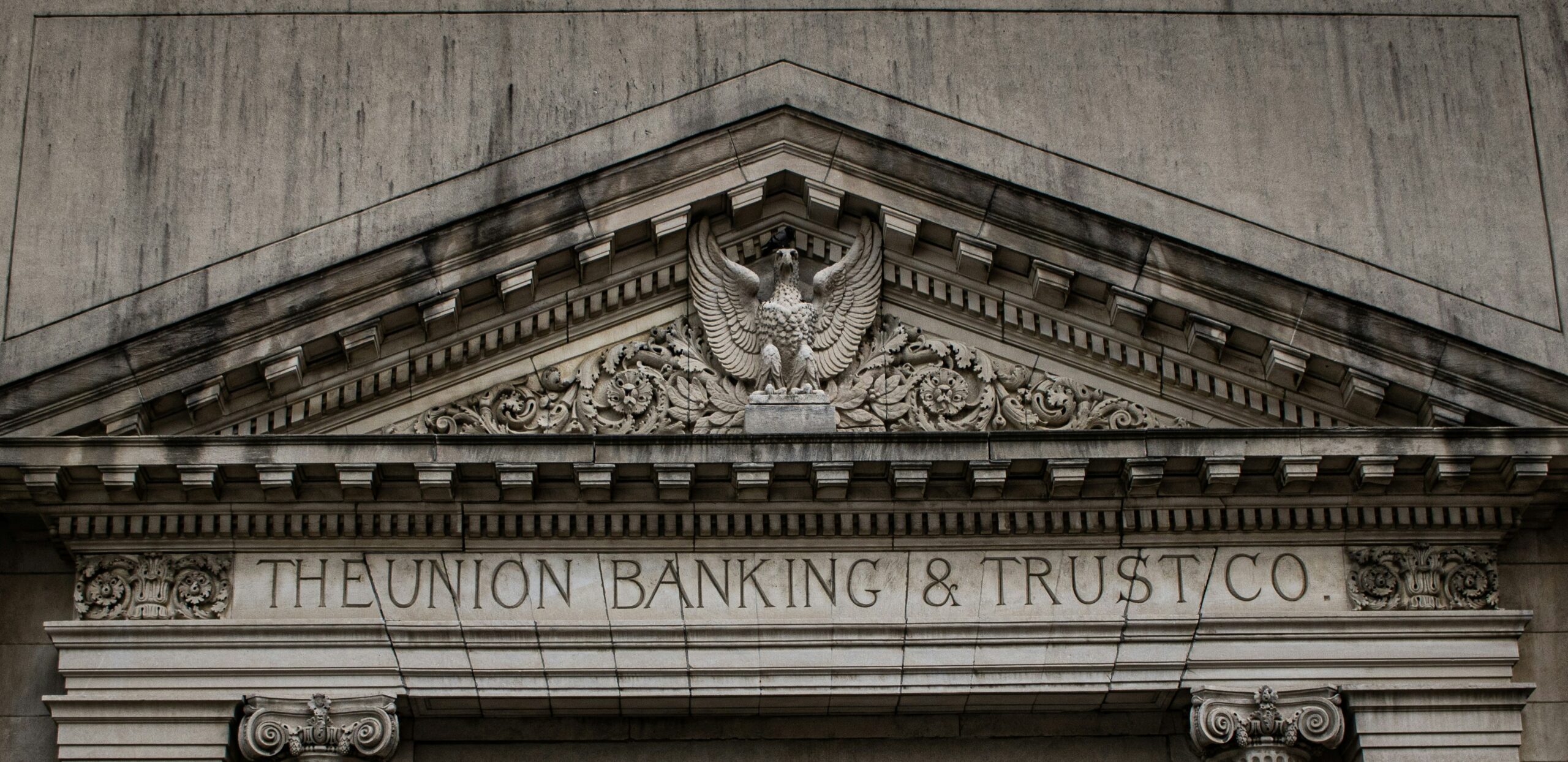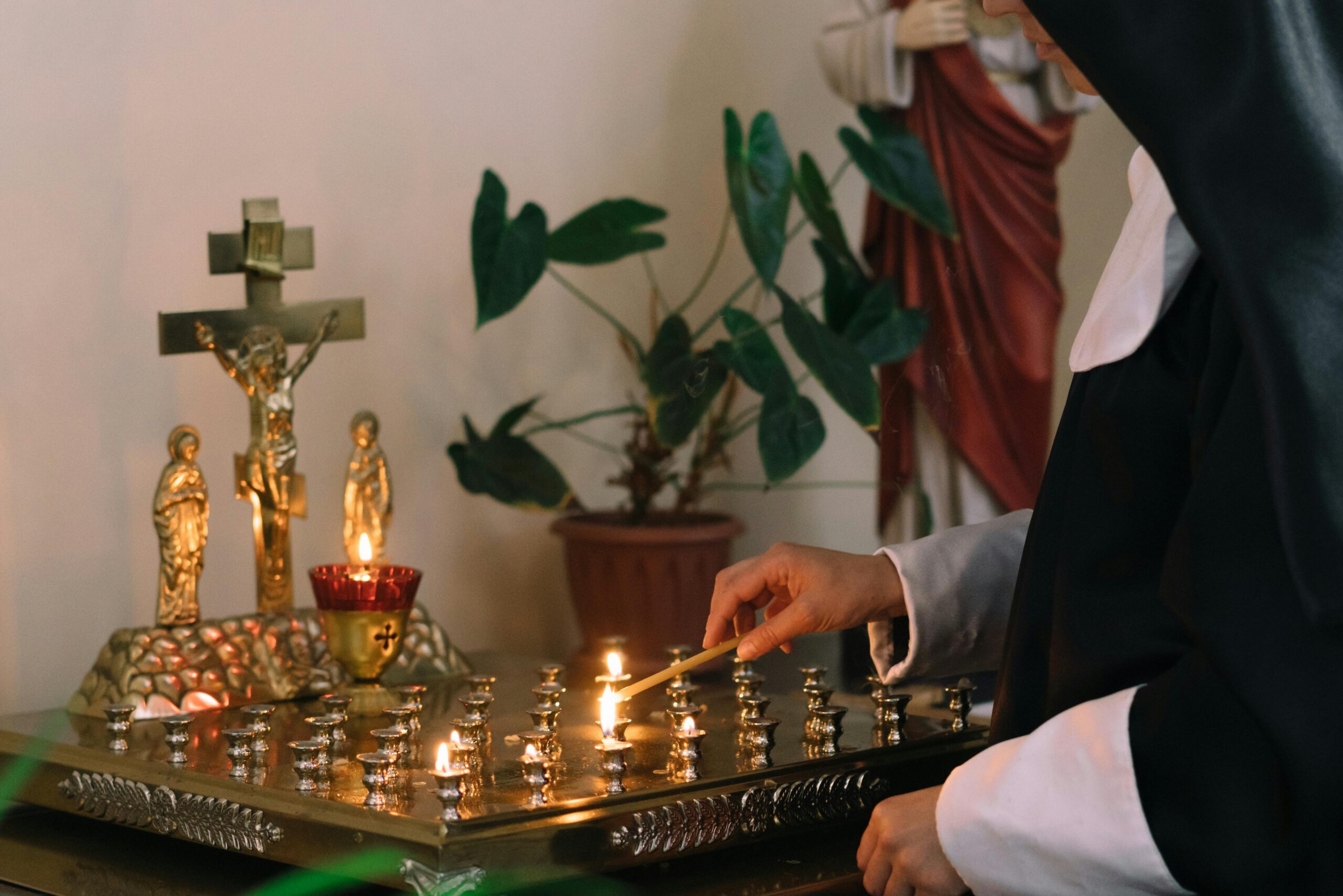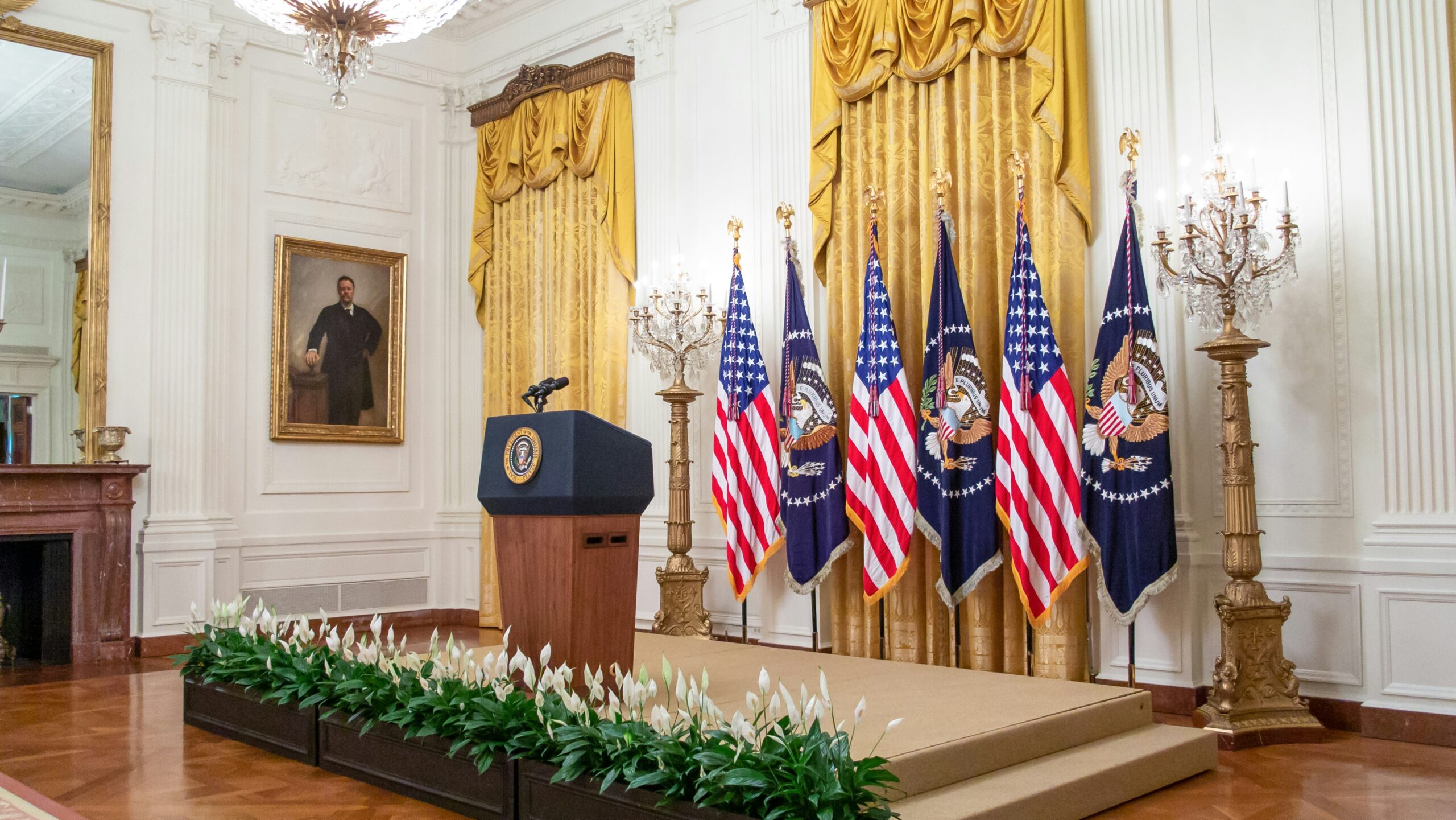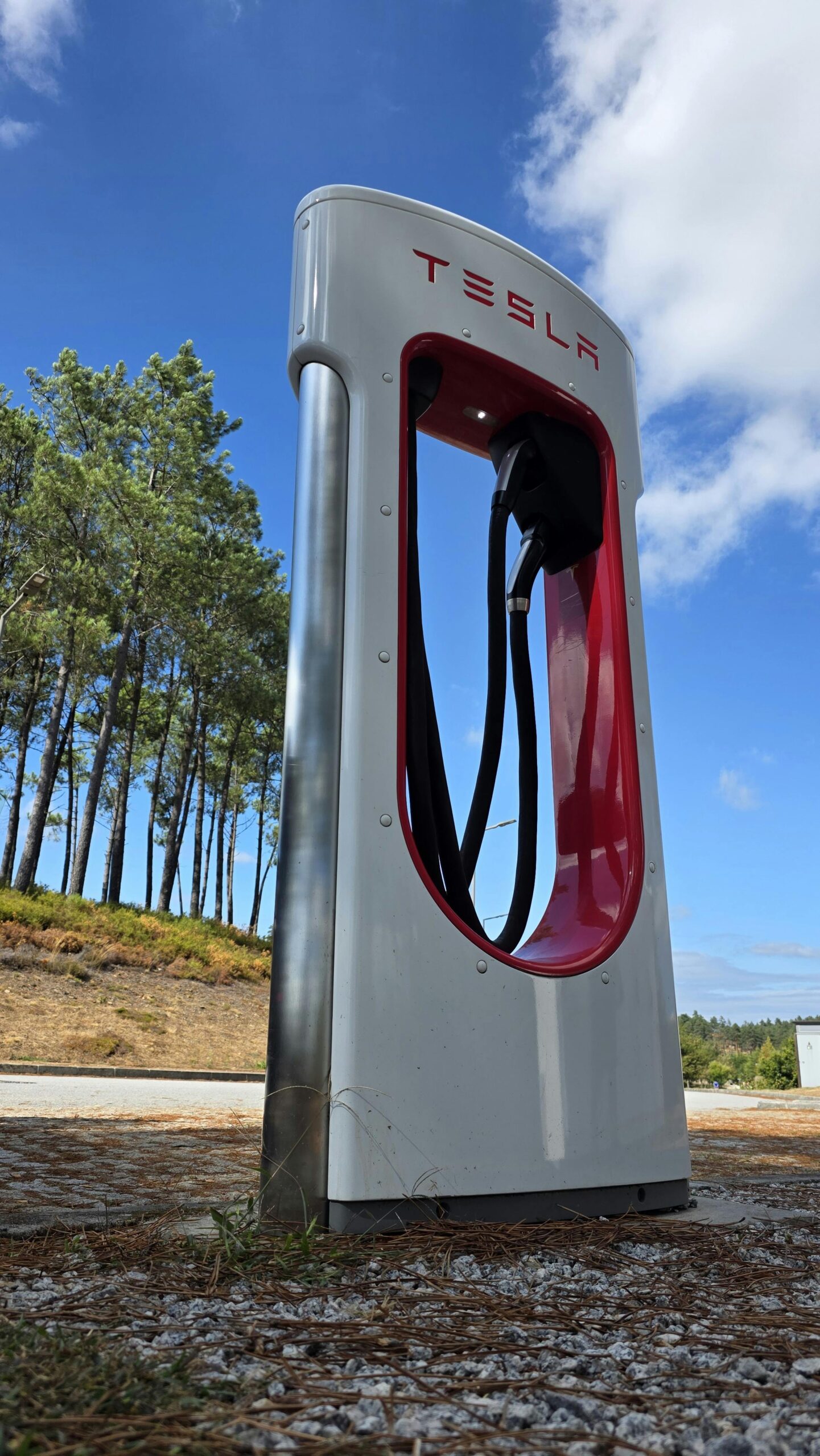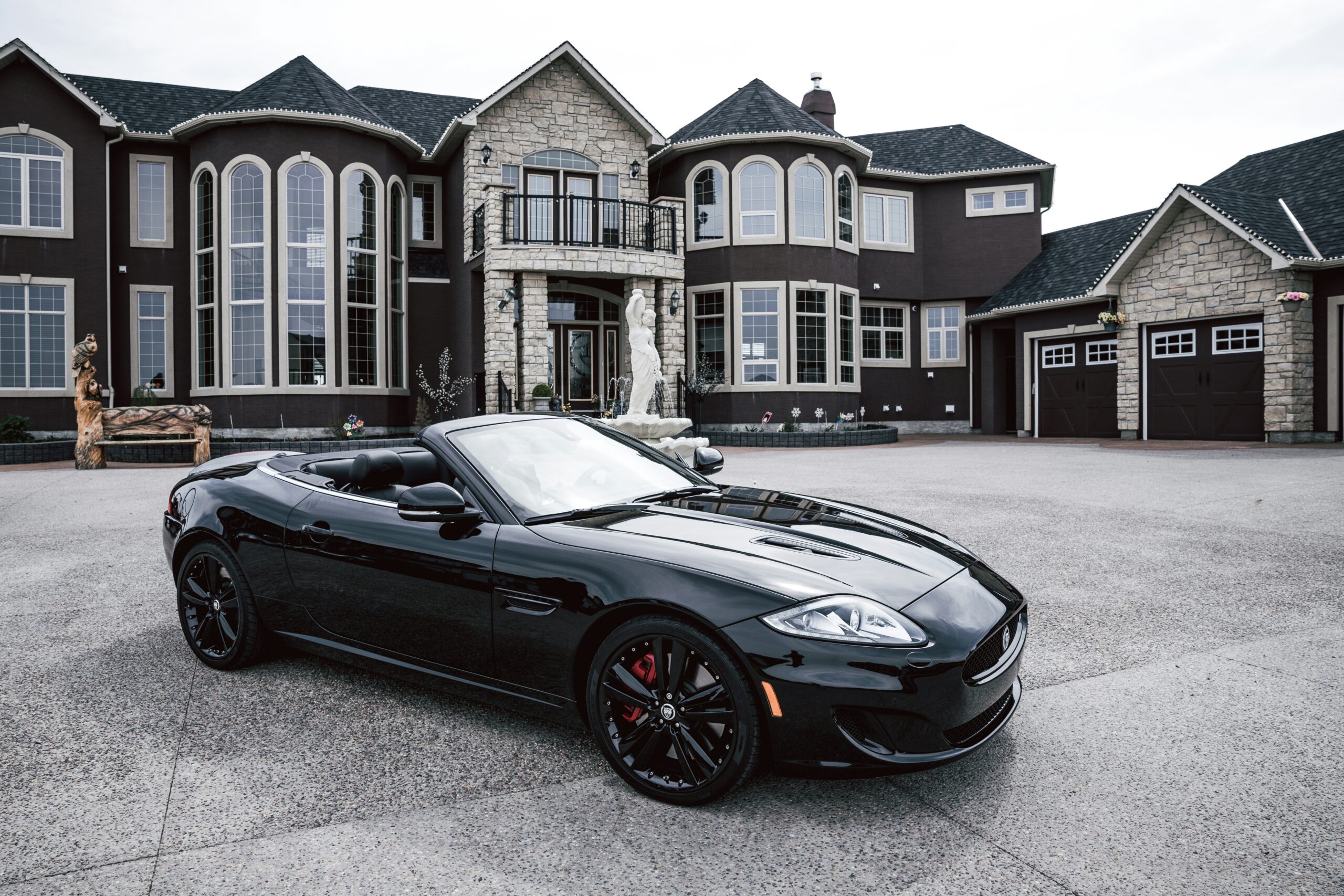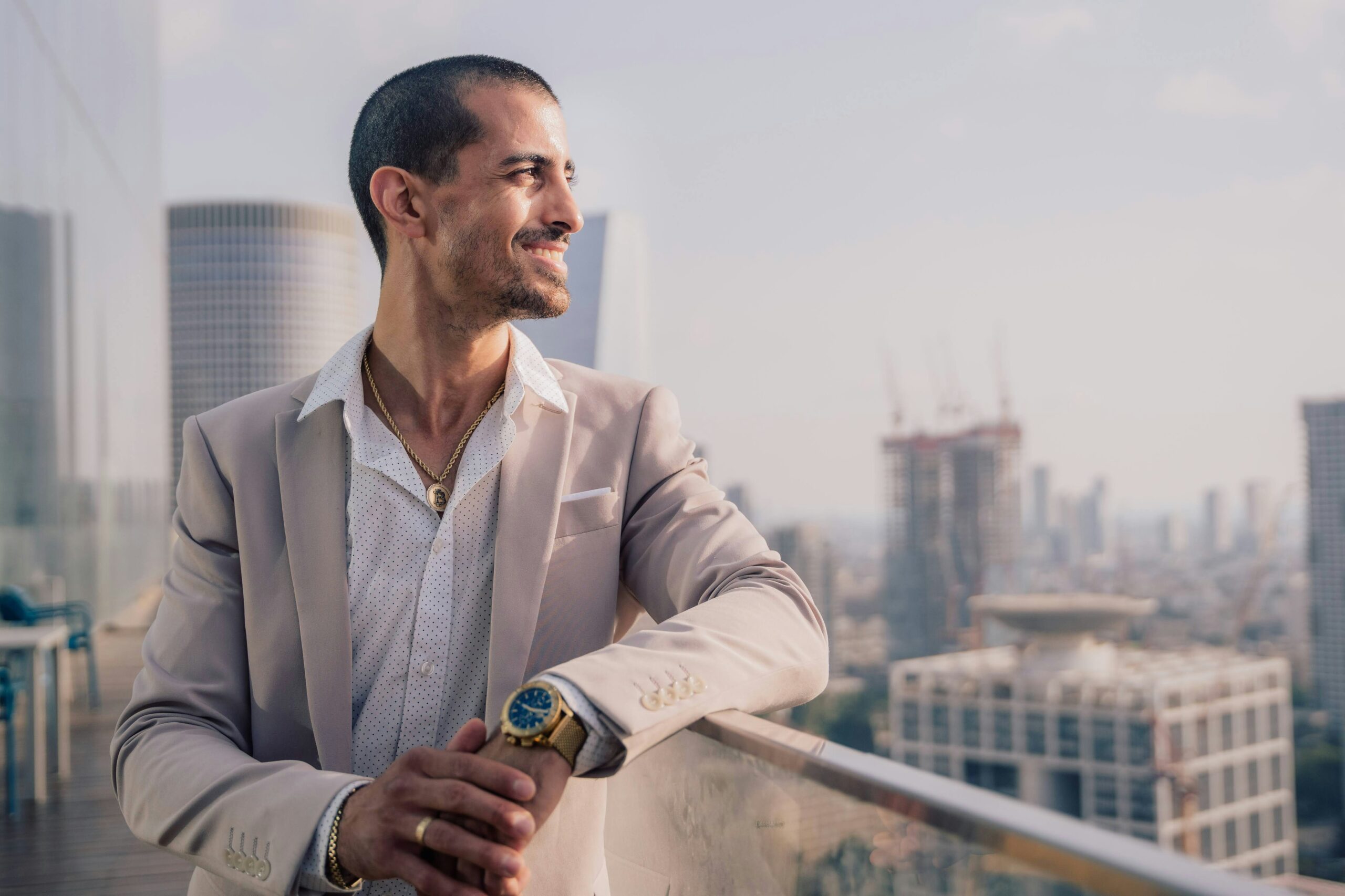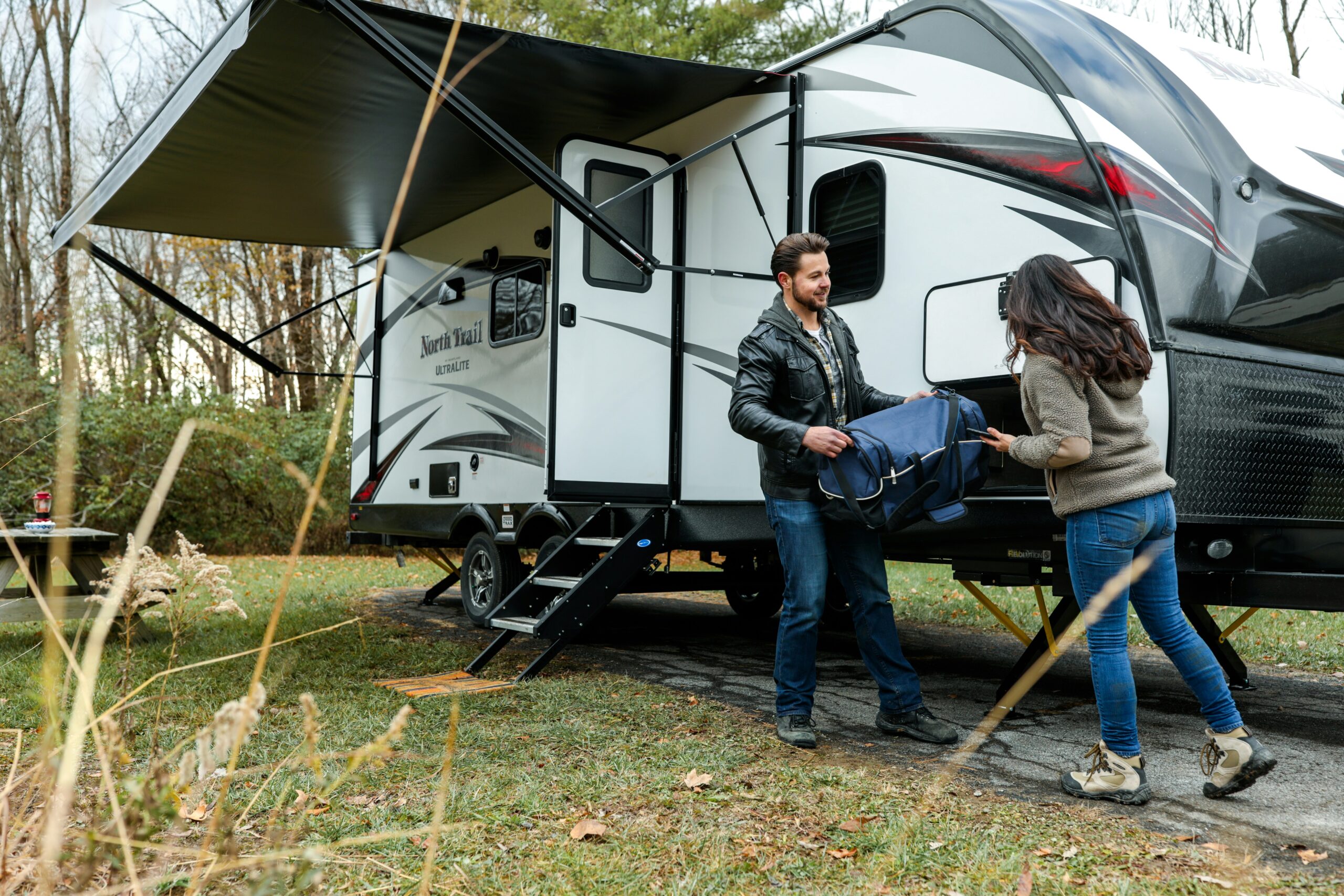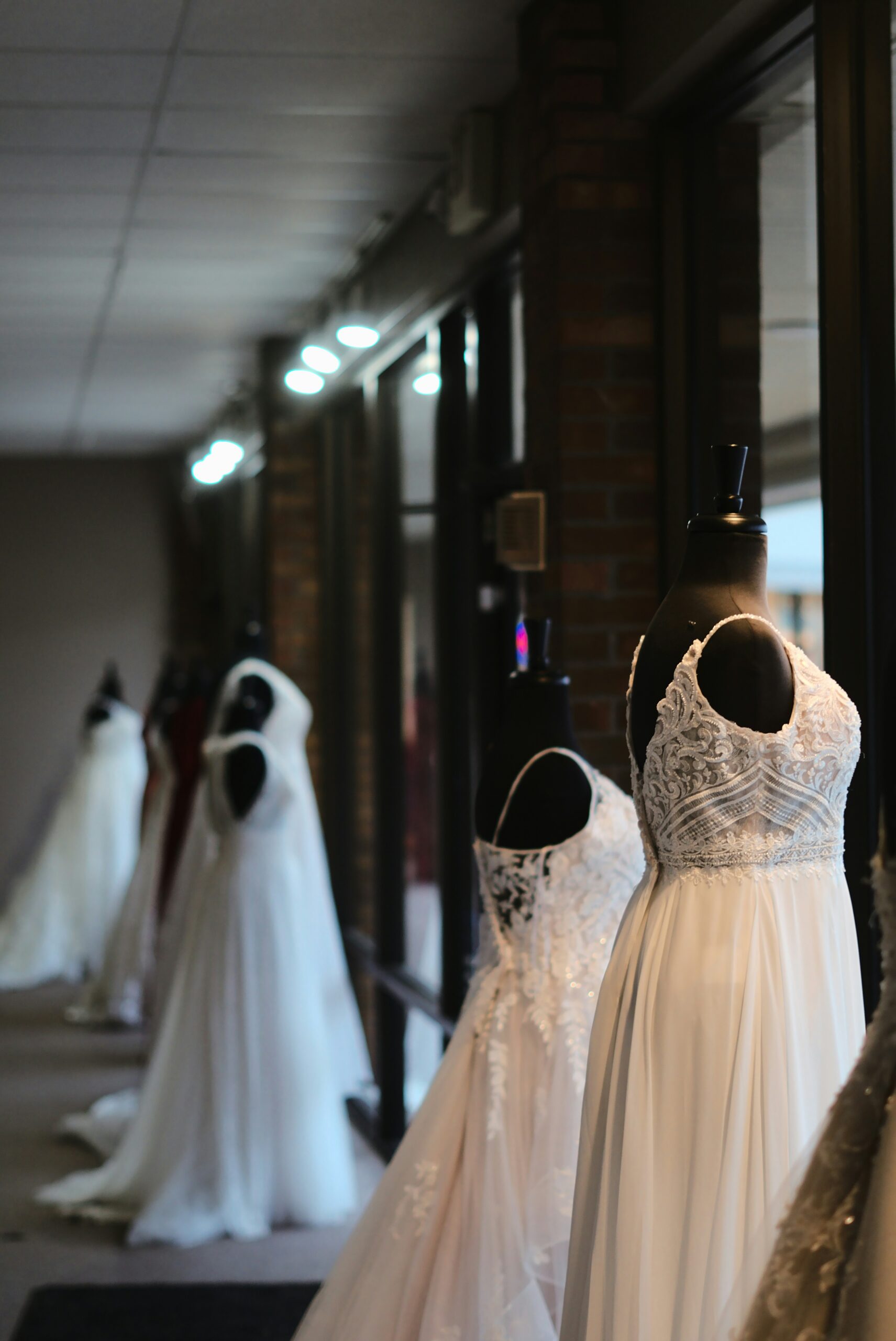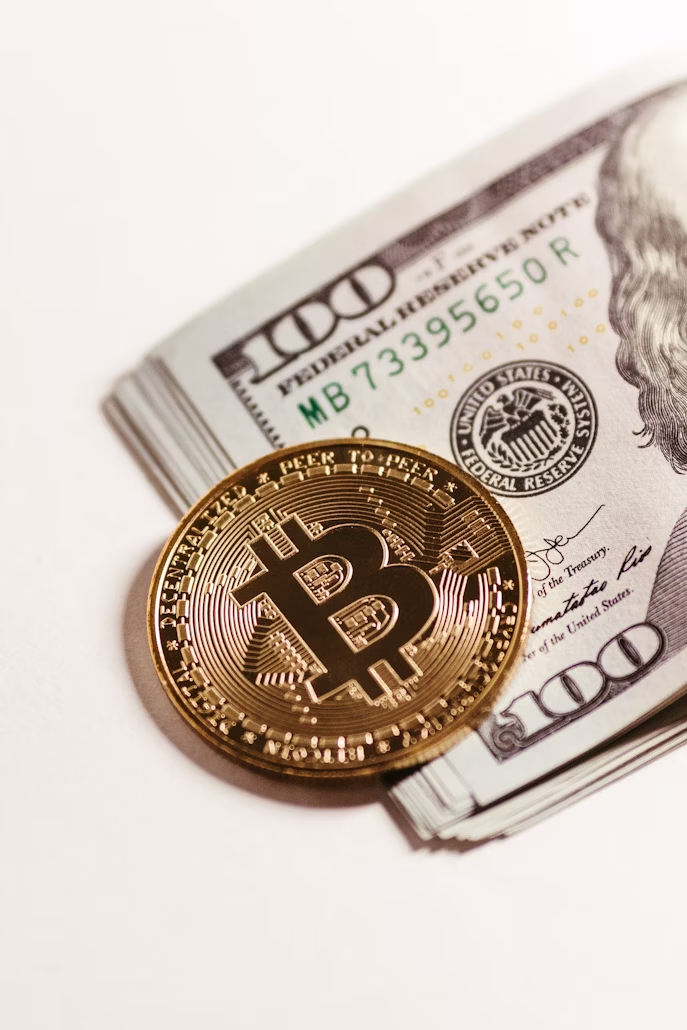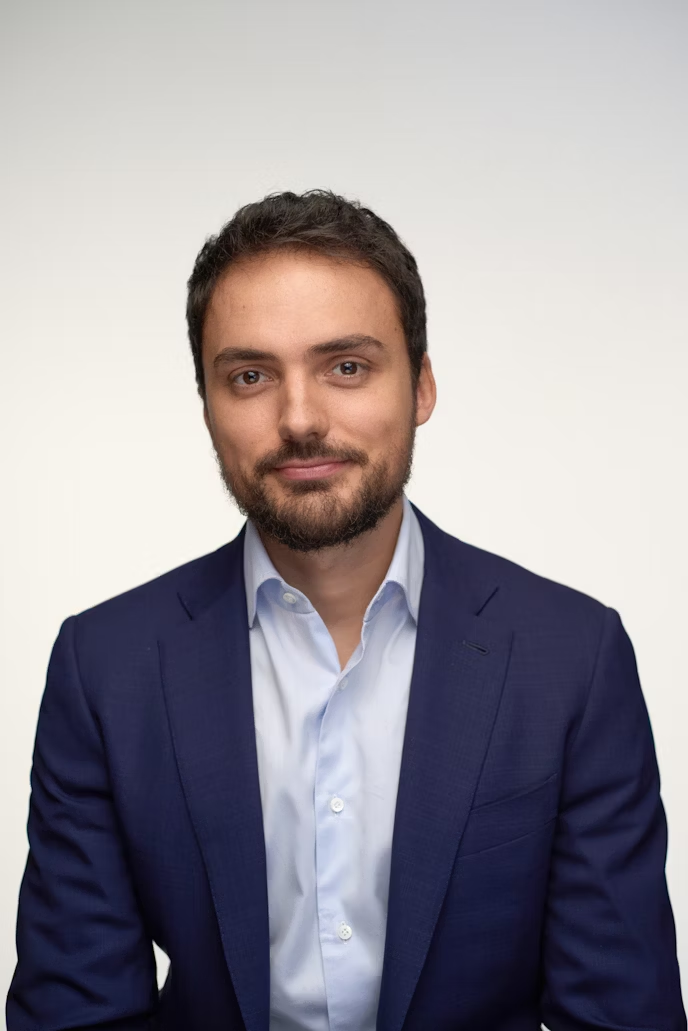Image credit: Unsplash
If you are waiting for a life-changing financial transfer when your boomer parents die, you may be making a grave mistake, as only one-fifth of the “Me” generation plans to leave an inheritance.
The Inheritance Expectation Gap Between Generations
According to a new financial services company Northwestern Mutual study, there is a large gap between Gen Z and millennials expecting an inheritance after their parents’ passing and how many older Americans plan to leave one. The study found that 38% of Gen-Zers and 32% of millennials expect to inherit money or assets, and only 22% of boomers reported expecting to leave an inheritance.
The data come from Northwestern Mutual’s 2024 Planning & Progress Study, an annual research report based on a poll of 4,588 adults released in August.
The Great Wealth transfer has many young adults hoping to benefit from a generational exchange of money that could exceed $90 trillion from boomers to their heirs over the next 20 years; however, boomers may have other plans for spending their remaining years – and dollars.
Only 11% of boomers said leaving something for their children is their top financial goal, with another 35% saying it’s “very important.”
But millions of young Americans are banking on an inheritance to propel them into security. The Northwestern Mutual study reported that 54% of Generation Z and 59% of millennials find an inheritance crucial to achieving financial stability and retiring comfortably one day.
The “inheritance gap” has drawn attention to generational cliches that separate the younger generations from their boomer parents, who feel they have done plenty for their children and want to spend their remaining years enjoying the money.
“A lot of older people are basically saying, ‘I’ve done my due,’” said Melissa Cox, a certified financial planner in Dallas. “They had to work their tushes off for what they have. I’ve heard people basically saying, ‘I don’t want your financial plan to be my death.’”
However, Gen-Zers may resent their parents for growing up when things were more accessible, housing was cheap, and the dollar stretched further.
“There’s this group of younger people who are sort of aggravated with the boomers – about how easy the boomers had it,” said Monica Dwyer, a certified financial planner in West Chester, Ohio.
The story is undoubtedly more complex, but figures show that young Americans should prepare independently for financial stability.
According to data from the 2022 Survey of Consumer Finances for households, the average senior (65-74) has a retirement account valued at around $200,000. However, only half of the households in the 2022 survey reported having retirement accounts, with the other half fearing there will be nothing left after their death, expecting much of the Great Wealth Transfer to go to hospitals and long-term care facilities.
This fear exists even among affluent boomers, with financial planners stating these individuals worry the cash may run out.
“Nobody knows when they are going to die, and the idea of running out of money is rightfully terrifying to most people,” said Jonathan Swanburg, a certified financial planner in Houston.
While many boomer parents do expect to leave some wealth behind for their children, they refrain from sharing their plans.
“Leaving an inheritance to your children can absolutely screw them up, if they know it’s coming,” said Blake Harris, a Miami attorney who specializes in asset protection.
Other families do not get around to having a serious talk about what will happen when the parents die. Still, there is good news for young Americans – many advisers say that their boomer parents want to leave them an inheritance, even if it is not discussed.
Financial advisers have shared that most clients fully expect to leave their estate, or whatever remains, to their children.
Despite joking about spending their retirement funds before they die, Swanburg said, “That’s a really hard thing to do… Going from having a million dollars to dying with 10 cents in the bank is something I’ve never seen.”











